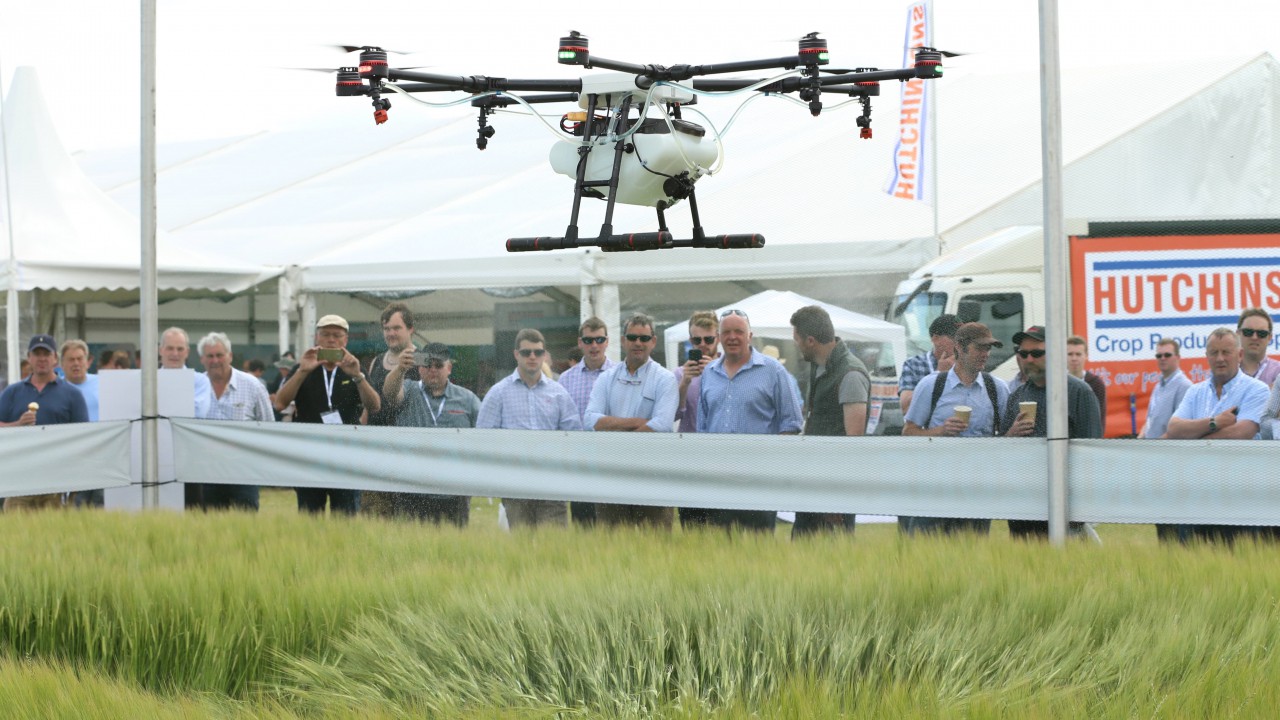- Digital, ICT and creative industries;
- Fintech and financial services;
- Life and health sciences (for example, the development of personalised medicine);
- Advanced manufacturing and engineering.
Agri-tech growth
The 10X Economy plan suggests Northern Ireland could lead the way in creating and enabling new technologies for the agri-food industry to build competitive advantage and transition to net-zero. Technology involving genomics, food traceability, advanced packaging, plant and animal health, and the application of Artificial Intelligence to new agricultural methods were all highlighted as specific areas with the potential for significant growth. Outlining her plans, Economy Minister Diane Dodds said: “My ambition is to transform Northern Ireland into one of the world’s elite small open economies and skills are crucial to achieving this goal. I cannot overstate this.“...I want to harness trade and investment as a catalyst for inclusive, green growth in Northern Ireland to support our economic transformation over the next decade.“Northern Ireland has a rich history as a trading and exporting region, built on the innovative and entrepreneurial spirit of its people. As we emerge from the Covid-19 pandemic, we will need to apply that spirit with renewed energy and focus. I am committed to working with business to make that happen. “In simple terms, we want to sell more and attract more high-value inward investment for the benefit of our businesses and our people. We will work with our delivery partners to sharpen our focus on the markets, clusters and technologies of opportunity to make that happen.”
10X Skills Strategy
The skills strategy outlines plans to focus on innovation by increasing further education qualifications in technical and professional skills and rebalancing higher education towards Science Technology Engineering and Maths (STEM).Dodds also announced plans to establish a 'Skills Council for Northern Ireland', which will bring together leaders from government, business, education and trade unions to identify the areas where further or more niche training is more needed.
“We already have a talented workforce but we need to capitalise on it," Dodds said. "Investing in our skills and talent will deliver more and better job opportunities, greater earning potential, better individual wellbeing and, in turn, an improved overall economy. “Alongside this, we will seek to rebalance graduate and postgraduate qualifications in higher education towards STEM subjects, which are so crucial for boosting innovation and equipping us for the jobs of the future. “The strategy will also tackle inequality by supporting people with low or no qualifications to overcome the barriers to employment and making the most of their capabilities."
